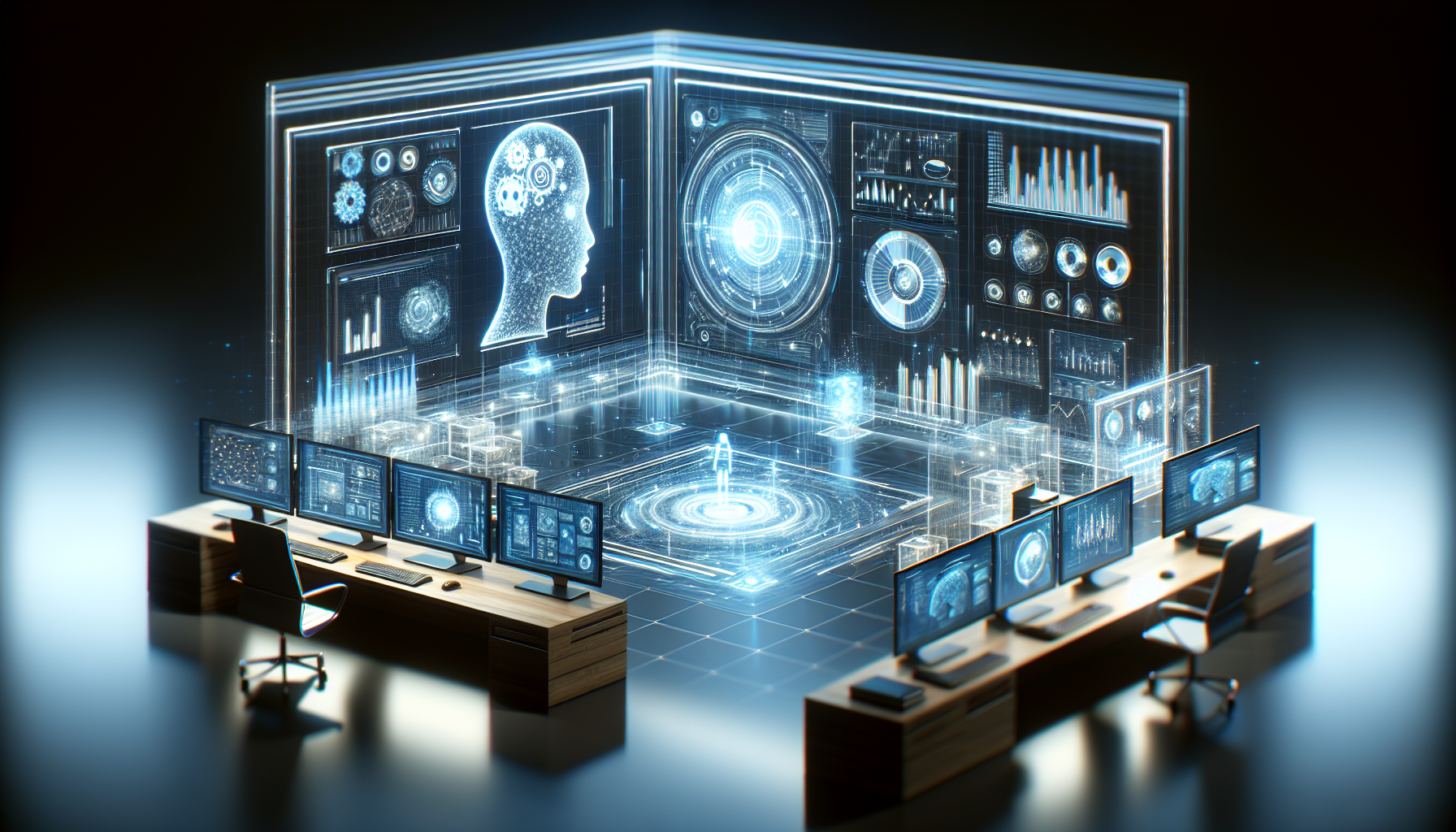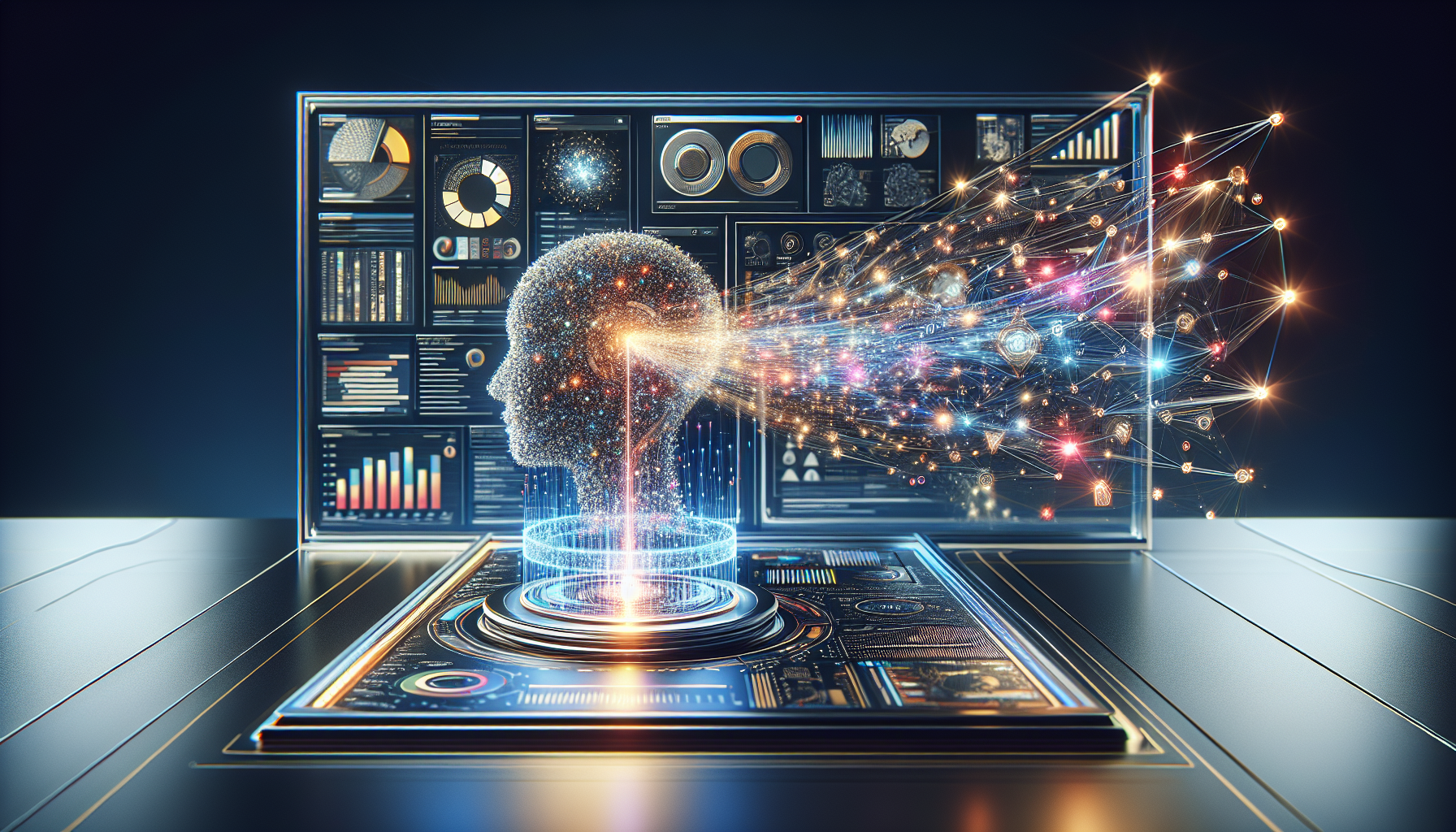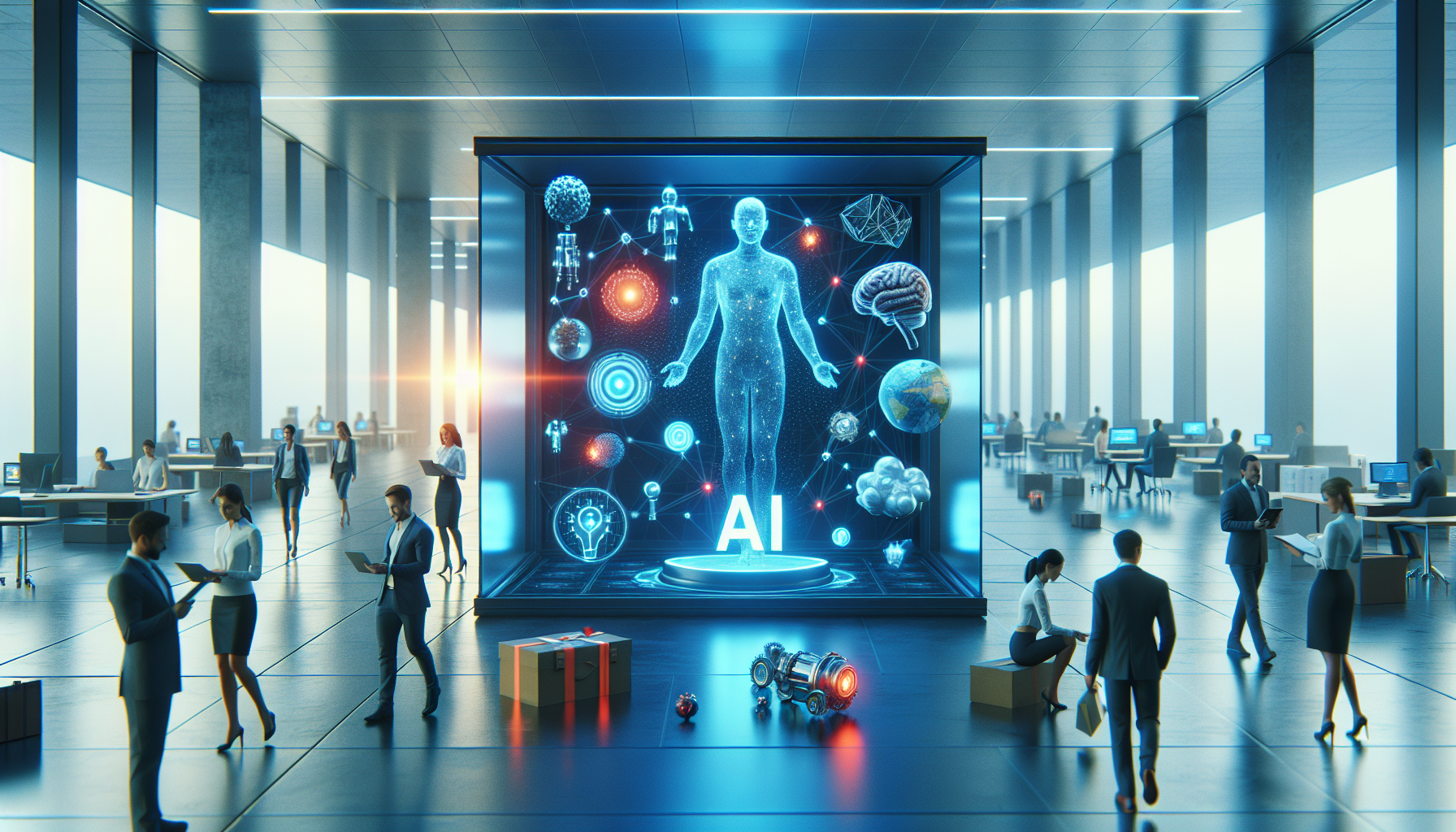
AI in Crisis Management: Revolutionizing Natural Disaster and Emergency Response
April 28, 2025
The harrowing reality of natural disasters and emergencies paints a stark picture of vulnerability. Yet, beneath the surface of chaos lies a tool that can transform despair into resilience—Artificial Intelligence (AI). As we delve into the intricacies of AI in crisis management, the narrative shifts from catastrophe to capability, offering a glimpse into a future where technology stands as a sentinel against nature’s wrath.
When calamity strikes, the immediacy of response can mean the difference between life and death. Traditionally, emergency response relied heavily on human intuition and experience. However, AI is redefining these paradigms by offering precision, speed, and foresight. From predicting hurricanes to orchestrating complex rescue operations, AI's role is expanding in unprecedented ways.
Consider the use of AI in predictive analytics. By leveraging vast datasets from historical weather patterns, AI can forecast natural disasters with remarkable accuracy. This capability allows governments and agencies to prepare more effectively, preemptively evacuating areas and allocating resources where they are needed most. AI's prowess in predictive modeling is not just limited to meteorology but extends to anticipating aftershocks following earthquakes or predicting the spread of wildfires.
The integration of AI in communication networks further enhances its impact during crises. Real-time translation services enable seamless interaction across different languages, breaking down barriers that could delay critical communication. AI-driven chatbots and virtual assistants provide 24/7 support, disseminating vital information to affected populations and helping coordinate relief efforts. These technologies ensure that even in the throes of disaster, connectivity remains unbroken.
AI's transformative potential is vividly illustrated in search and rescue operations. Unmanned aerial vehicles (UAVs), equipped with AI-powered image recognition, can scan vast terrains, identifying survivors in areas inaccessible to human rescuers. This technology not only accelerates the pace of rescue missions but also reduces the risk to human life. The amalgamation of AI with robotics also sees the deployment of autonomous machines clearing debris or delivering supplies, showcasing a synergy between man and machine that could redefine crisis response.
Another crucial aspect is AI's role in data management during emergencies. The sheer volume of information generated in a disaster can overwhelm traditional systems. AI algorithms sift through this data with unparalleled efficiency, extracting actionable insights to guide decision-making. Whether identifying the hardest-hit areas or coordinating logistics for relief distribution, AI's analytical capabilities are indispensable.
However, the integration of AI in crisis management is not without challenges. Ethical considerations around privacy and data security loom large. The deployment of AI systems demands robust frameworks to ensure responsible use, balancing technological advancement with human rights. Moreover, the reliance on AI necessitates a parallel investment in infrastructure and training, ensuring that human operators can effectively harness these tools.
Despite these challenges, the trend is unmistakable—AI is becoming an integral part of disaster response strategies worldwide. The question then arises: how can we further evolve these technologies to maximize their impact? Collaboration between tech companies, governments, and humanitarian agencies is key. By fostering partnerships and sharing knowledge, we can harness AI's full potential to safeguard communities and mitigate the impact of disasters.
The journey of AI in crisis management is just beginning, with its promise extending beyond immediate response to long-term recovery and resilience-building. As we explore this frontier, we must ask ourselves—how can we innovate to create a future where AI not only responds to crises but anticipates and prevents them? The answers we seek lie in the intersection of technology and humanity, where the ultimate goal is not just survival, but the flourishing of society in the face of adversity.


